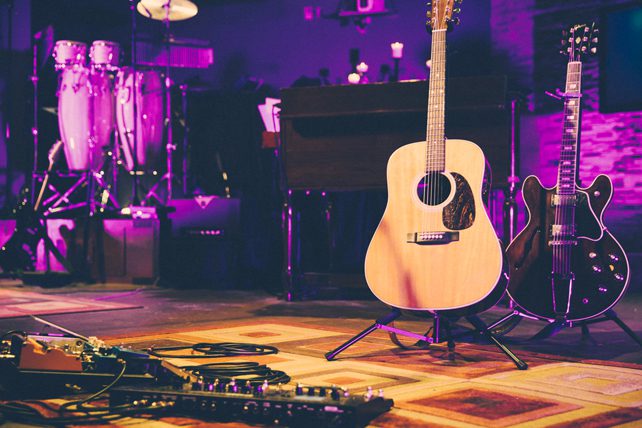Styles Matter Less Than Worship and Depth
Church survival doesn’t depend on music in the church. Churchleaders teach people primarily through words, not melodies. Words matter. Truth endures. Melodies fade in and out over time. I am much less concerned that people sing “Victory in Jesus” in 4/4 time than I am that they sing about victory in Jesus. I want them to SING and know about the VICTORY.
When we talk about the great hymns of the faith, I want worshippers to live and sing about the faith. We sing “Amazing grace, how sweet the sound,” at my church, but we sing it in a contemporary version. At the end of the day, my church is more contemporary because we think that approach engages our community well.
My daughter, as I mentioned, is about to go off to college and—in stark rebellion to the church her father planted—join the choir of a traditional church. (I’m joking, of course.) Now, she is not part of a trend—the large trend of large, non-denominational, contemporary churches. I’m good with the general trend toward contemporary, though I want more depth. My daughter is part of a counter-trend, and I am thankful for her passion. (She DOES sing opera and all …)
If current trends continue (and that’s what trends tend to do) more and more churches will be contemporary. For churchleaders, and for many others, we want to embrace that, while encouraging more congregational singing, better depth of lyrics and more.
So, we’re not going to be a Led Zeppelin concert from 1973 or a One Direction concert from 2013. The future of music in the church is going to be contemporary. The mix will include some historical songs redone in a modern context, which will build some bridges across generations.
I leave churchleaders with this: Most churches that want to reach their community will be more, rather than less, contemporary. As churches embrace that reality on the other side of the worship wars, we can (and should) bring back some of the things that might have been left behind—like more depth, broader variety and congregational singing across generations.

